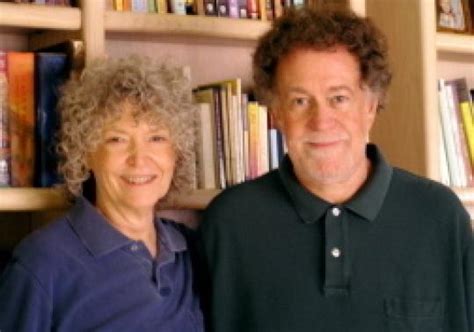A Quote by Jiddu Krishnamurti
The following of authority is the denial of intelligence. [It] may help us temporarily to cover up our difficulties and problems; but to avoid a problem is only to intensify it, and in the process, self-knowledge and freedom are abandoned.
Related Quotes
I may say that here, as in most cases where the operations of nature interfere with the designs of man, it is not by a direct intervention on our part that we may remedy the difficulties, but rather by a precise knowledge of their causes, which may enable us, if not to check, at least to avoid the evil consequences.
When things go wrong in our life and we encounter difficult situations, we tend to regard the situation itself as our problem, but in reality whatever problems we experience come from the side of the mind. If we were to respond to difficult situations with a positive or peaceful mind they would not be problems for us; indeed, we may even come to regard them as challenges or opportunities for growth and development. Problems arise only if we respond to difficulties with a negative state of mind. Therefore, if we want to be free from problems, we must transform our mind.
Lent is a fitting time for self-denial; we would do well to ask ourselves what we can give up in order to help and enrich others by our own poverty. Let us not forget that real poverty hurts: no self-denial is real without this dimension of penance. I distrust a charity that costs nothing and does not hurt.
Self-knowledge is not the knowledge of a dead self, self-knowledge is the knowledge of the process of the self. It is an alive phenomenon. The self is not a thing, it is an event, it is a process. Never think in terms of things, the self is not there inside you just like a thing waiting in your room. The self is a process: changing, moving, arriving at new altitudes, moving into new planes, going deeper into new depths. Each moment much work is going on and the only way to encounter this self is to encounter it in relationship.
We forget that, although each of the liberties which have been won must be defended with utmost vigour, the problem of freedom is not only a quantitative one, but a qualitative one; that we not only have to preserve and increase the traditional freedom, but that we have to gain a new kind of freedom, one which enables us to realize our own individual self; to have faith in this self and in life.
We are more than our problems. Even if our problem is our own behavior, the problem is not who we are-it's what we did. It's okay to have problems. It's okay to talk about problems-at appropriate times, and with safe people. It's okay to solve problems. And we're okay, even when we have, or someone we love has a problem. We don't have to forfeit our personal power or our self-esteem. We have solved exactly the problems we've needed to solve to become who we are.
We have no knowledge, that is, no general principles drawn from the contemplation of particular facts, but what has been built up by pleasure, and exists in us by pleasure alone. The Man of Science, the Chemist and Mathematician, whatever difficulties and disgusts they may have had to struggle with, know and feel this. However painful may be the objects with which the Anatomist's knowledge is connected, he feels that his knowledge is pleasure; and where he has no pleasure he has no knowledge.
Acceptance is approval, a word with a bad name in some psychologies. Yet it is perfectly normal to seek approval in childhood and throughout life. We require approval from those we respect. The kinship it creates lifts us to their level, a process referred to in self-psychology as transmuting internalization. Approval is a necessary component of self-esteem. It becomes a problem only when we give up our true self to find it. Then approval-seeking works against us.
One problem with our current society is that we have an attitude towards education as if it is there to simply make you more clever, make you more ingenious... Even though our society does not emphasize this, the most important use of knowledge and education is to help us understand the importance of engaging in more wholesome actions and bringing about discipline within our minds. The proper utilization of our intelligence and knowledge is to effect changes from within to develop a good heart.
Go deep into meditation. And by meditation I mean awareness, watchfulness, witnessing. It is only through meditation that the inner light begins. Otherwise man lives in darkness. Meditation enkindles something that is latent in all of us, but needs to be provoked. We are looking outwards. Our backs are at our inner source; hence it is being neglected, ignored. and to ignore one's inner being is the only ignorance. To know it is the only knowledge. All other knowledge is worthless. It may help you in the world but it can't help you in eternity.
You've got problems in Central Asia. And you've got problems within our own communities back home. So if we end up saying, look, this has nothing to do with Islam or it's got no connection with that broader question, then we look, frankly, as if we're in denial about the problem. And the interesting thing in the Middle East is that they have absolutely no problem there in identifying that as Islamist extremism and calling it that.








































